All Stories
-
 Physics
PhysicsScientists Say: Voltage
Voltage is a measure of how much electricity is available to power devices.
-
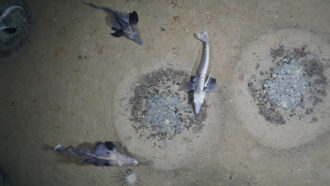 Animals
AnimalsWorld’s biggest colony of nesting fish lives beneath Antarctic ice
Totally unexpected, it’s far, far larger than any other known community of nesting fish — fully one-third larger than the area of Washington, D.C.
By Jake Buehler -
 Psychology
PsychologyWe all imagine being friends with celebrities. Is that a bad thing?
One-sided relationships with celebrities and fictional characters are normal. They also can boost self-esteem and empathy.
-
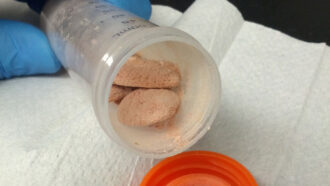 Environment
EnvironmentRecycling a climate-warming gas could make ‘greener’ farmed fish
Instead of warming the climate, methane gas can be collected to help farmers. Along the way, it may also save some fish.
-
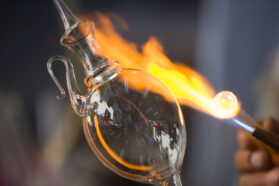 Materials Science
Materials ScienceLet’s learn about glass
Unlike the atoms in other solids, the atoms in glass don’t exist in an orderly crystal structure. They’re more jumbled up, like the atoms inside liquids.
-
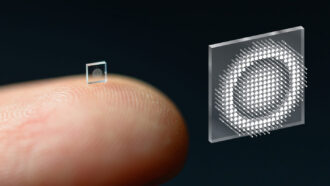 Tech
TechThis crumb-sized camera uses artificial intelligence to get big results
Researchers have developed a camera the size of a coarse grain of salt that takes amazingly clear photos.
-
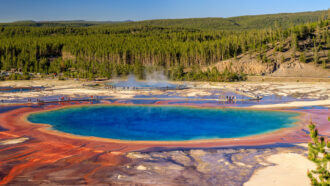 Microbes
MicrobesScientists Say: Bacteria
Bacteria get a bad rap for making people sick, but only a tiny portion of these single-celled creatures cause disease.
-
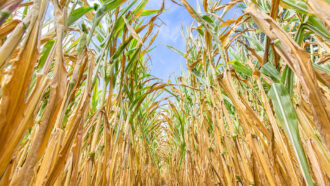 Life
LifeIn blazing heat, some plants open leaf pores — and risk death
When heat waves and droughts collide, water is precious. Some thirsty plants try to cool off by opening tiny pores — only to lose water even faster.
-

-
 Space
SpaceExplainer: Telescopes see light — and sometimes ancient history
Different kinds of telescopes on Earth and in space help us to see all wavelengths of light. Some can even peer billions of years back in time.
By Trisha Muro -
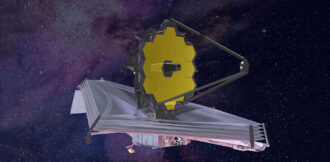 Space
SpaceThe long-awaited James Webb Space Telescope has a big to-do list
The James Webb Space Telescope has been in the works for so long that new fields of science have emerged for it to study.
-
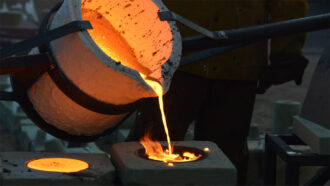 Chemistry
ChemistryExplainer: What is a metal?
Metals can bend and pull without snapping, and conduct electricity. The reason: Their atoms tend to lose electrons to neighboring atoms.